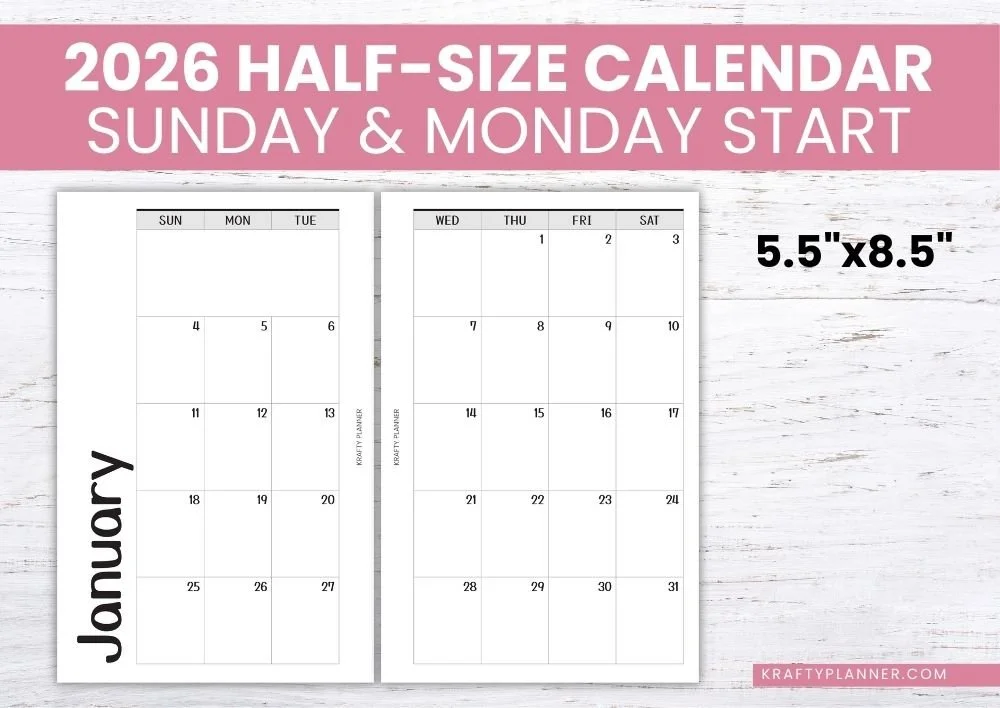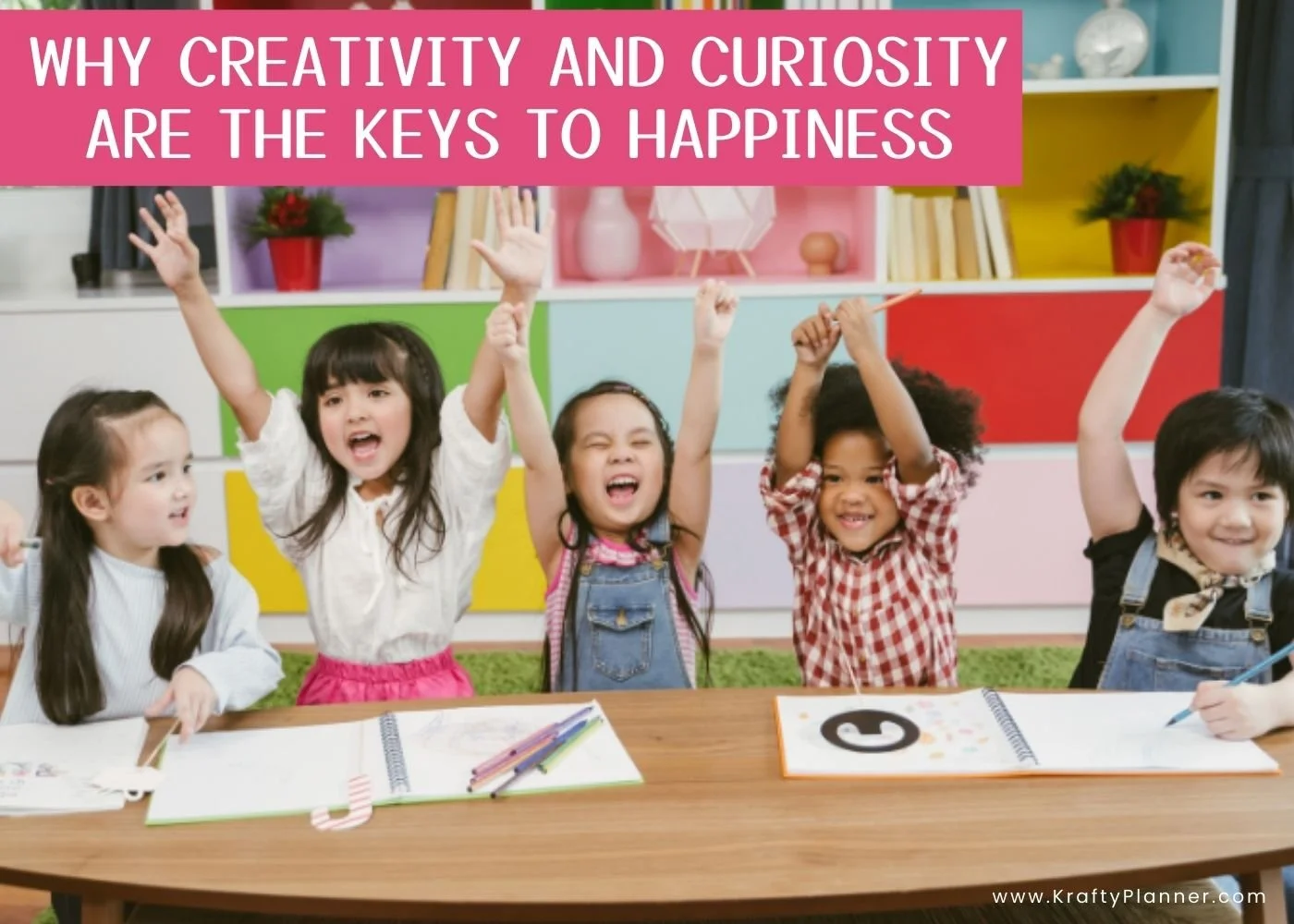Why Multitasking Doesn't Help Increase Your Productivity
Is It Possible to Multitask and Be Productive?
Multitasking is often thought of as a productivity booster. After all, if you can do two things at once, you should be able to get twice as much done, right?
Unfortunately, that's not how it works.
In fact, studies have shown that multitasking can actually make you less productive. And that’s definitely not the goal!
So why does multitasking have such a negative effect on productivity?
Simply put, our brains are wired for us to be monotaskers – meaning we can only focus on one task at a time. In fact, only 2-3 percent of the population can multitask effectively.
Rather than doing two things at once, what most people consider multitasking is really doing individual tasks in rapid succession. And whether we realize it or not, it takes time to switch between tasks.
Every time you switch tasks, your brain has to adjust to the new information. This process, known as task switching, can take up to 40% longer than if you had just focused on one task at a time.
Not only does multitasking actually take longer in the end, but it can also hinder your performance.
When our brain is constantly switching gears and bouncing back and forth between tasks, we are less efficient and more prone to making errors. This is even more likely when the tasks we are trying to juggle are complicated.
This may not seem like a big deal when you think about doing simple, routine tasks such as folding laundry while watching television, or reading a book while dinner is cooking. But multitasking can quickly become dangerous in more complex situations.
Simply put, multitasking divides our attention. It makes it incredibly difficult to focus all of our attention on one thing. For example, studies show that drivers who try to complete additional tasks while driving have poorer driving performance (which can be dangerous!).
Other studies show that “media multitasking” (such as browsing social media while watching tv or listening to music while scrolling through emails) actually causes you to be less able to focus your attention even when you’re only doing one thing at a time!
Multitasking also impacts our ability to learn because effective learning requires focus.
According to neuropsychologist Cynthia Kubu, PhD, “The more we multitask, the less we actually accomplish, because we slowly lose our ability to focus enough to learn. If we’re constantly attempting to multitask, we don’t practice tuning out the rest of the world to engage in deeper processing and learning.”
Another study found that college students that tried to multitask actually took longer to complete their homework and had lower grades on average. Pretty sure that’s the opposite of what they were trying to achieve!
So, what's the best way to boost productivity?
The answer is simple: focus on one task at a time. Give your full attention to the task at hand and resist the urge to multitask. You'll be surprised at how much more you can get done when you're not trying to do too many things at once.
Share your thoughts
Are you a multitasker? Do you feel it helps or hinders your productivity? Let me know in the comments or send me a message at [email protected]. I read and respond to everyone personally.
Don’t miss these posts:
THE ULTIMATE LIST OF PRODUCTS, APPS, TOOLS, AND RESOURCES I USE ON A DAILY BASIS
See my Link Party Directory for a current list of blog parties I attend each week.
FOR PERSONAL USE ONLY – Please Read Freebies Terms of Use.
(This post may contain affiliate links. For more information, see my disclosures here.)
~ SHARE THIS POST ~
Did you like this post? Do you know someone else who might enjoy it? Please take a minute to share it on Pinterest, Facebook, or your favorite social media… Thank you!







































